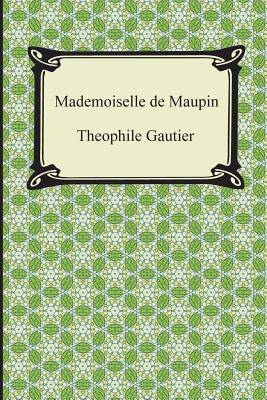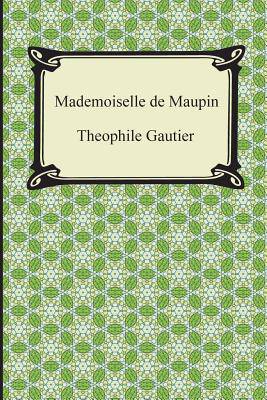
- Afhalen na 1 uur in een winkel met voorraad
- Gratis thuislevering in België vanaf € 30
- Ruim aanbod met 7 miljoen producten
- Afhalen na 1 uur in een winkel met voorraad
- Gratis thuislevering in België vanaf € 30
- Ruim aanbod met 7 miljoen producten
Zoeken
Omschrijving
Theophile Gautier's masterpiece "Mademoiselle de Maupin" might be better known for its lengthy preface than the actual novel itself. It is there in which the author discusses art for art's sake, arguing that "everything useful is ugly." The novel itself is a historical romance based on the life of French opera star Julie d'Aubigny, better known as Mademoiselle Maupin. The subject of gossip and many colorful stories during her time, Mademoiselle Maupin was known as a first-rate swordswoman who often disguised herself as a man. In "Mademoiselle de Maupin" we find a love triangle between Chevalier d'Albert, a young French Gentleman who struggles with finding a woman that meets his idealistic expectations, Rosette whom he engages in an affair with to ease his boredom, and the dashing young Theodore, who is actually Maupin disguised as a man. "Mademoiselle de Maupin" is an excellent example of the French historical romance which in its time was considered somewhat controversial for its sexually orientated themes; by today's standards however it would be considered quite tame.
Specificaties
Betrokkenen
- Auteur(s):
- Uitgeverij:
Inhoud
- Aantal bladzijden:
- 200
- Taal:
- Engels
Eigenschappen
- Productcode (EAN):
- 9781420948622
- Verschijningsdatum:
- 1/01/2013
- Uitvoering:
- Paperback
- Formaat:
- Trade paperback (VS)
- Afmetingen:
- 152 mm x 229 mm
- Gewicht:
- 299 g

Alleen bij Standaard Boekhandel
+ 29 punten op je klantenkaart van Standaard Boekhandel
Beoordelingen
We publiceren alleen reviews die voldoen aan de voorwaarden voor reviews. Bekijk onze voorwaarden voor reviews.








